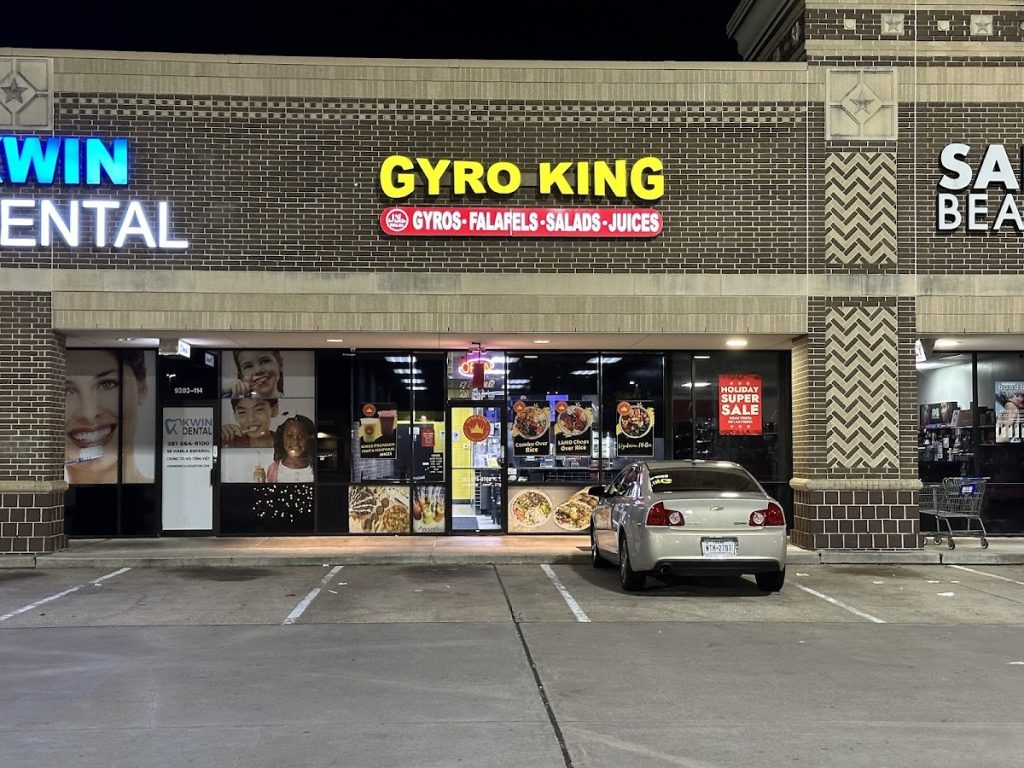When it comes to halal food in the United States, no city shines brighter than Houston. With its rich cultural diversity, booming Muslim population, and endless dining options, Houston has earned the nickname “The Halal Capital of America.” From traditional Middle Eastern dishes to South Asian street food and African delicacies, the city offers an unmatched halal dining experience that reflects its global identity.
How the City Became a Leading Hub for Halal Food, Culture, and Business
When people think of Houston, Texas, they may picture oil, space exploration, or sports. Yet, in recent years, Houston has earned another title: “The Halal Capital of America.” This recognition comes from the city’s thriving halal food scene, its large and diverse Muslim community, and its growing influence on halal-certified businesses in the United States.
A Growing Muslim Community
Houston is home to one of the largest Muslim populations in the country, with an estimated 300,000 Muslim residents. This demographic growth has fueled the demand for halal food, creating an ecosystem of restaurants, markets, and businesses catering to Islamic dietary laws. The city’s multicultural character—home to communities from South Asia, the Middle East, Africa, and beyond—adds rich diversity to its halal offerings.
A Culinary Hub for Halal Food
From street vendors to high-end restaurants, Houston boasts one of the widest selections of halal-certified dining options in the U.S. Visitors can find Pakistani biryani, Somali stews, Turkish kebabs, Nigerian suya, and modern halal fusion dishes—all within the city limits. Food festivals, pop-ups, and halal food trucks further strengthen Houston’s reputation as a culinary capital.
Business and Certification Powerhouse
Houston isn’t just about dining—it’s also a hub for halal-certified business. Local organizations and certifying bodies play a key role in supporting halal food production, distribution, and exports. With the global halal economy projected to exceed $2.9 trillion by 2032, Houston companies are tapping into both domestic and international markets. The city has become a gateway for American halal products entering Muslim-majority countries.
Economic Impact and Opportunities
The halal economy in Houston goes beyond food. Entrepreneurs are expanding into halal cosmetics, pharmaceuticals, and lifestyle products. Small businesses thrive alongside large distributors, reflecting a dynamic halal ecosystem. This growth benefits not only Muslim consumers but also non-Muslims seeking ethical, high-quality products.
Cultural Influence
Halal in Houston is more than food—it’s culture. Mosques, community centers, and interfaith initiatives all contribute to the city’s unique identity as a welcoming space for Muslim life. Halal food festivals and cultural events bring people together, showcasing Houston’s diversity and reinforcing its role as a halal capital.
Final Thoughts
Houston’s rise as America’s halal capital is no coincidence—it’s the result of a vibrant Muslim community, a booming food scene, and strong business opportunities. By blending culture, commerce, and cuisine, Houston has positioned itself as a model for how halal can thrive in the U.S.

